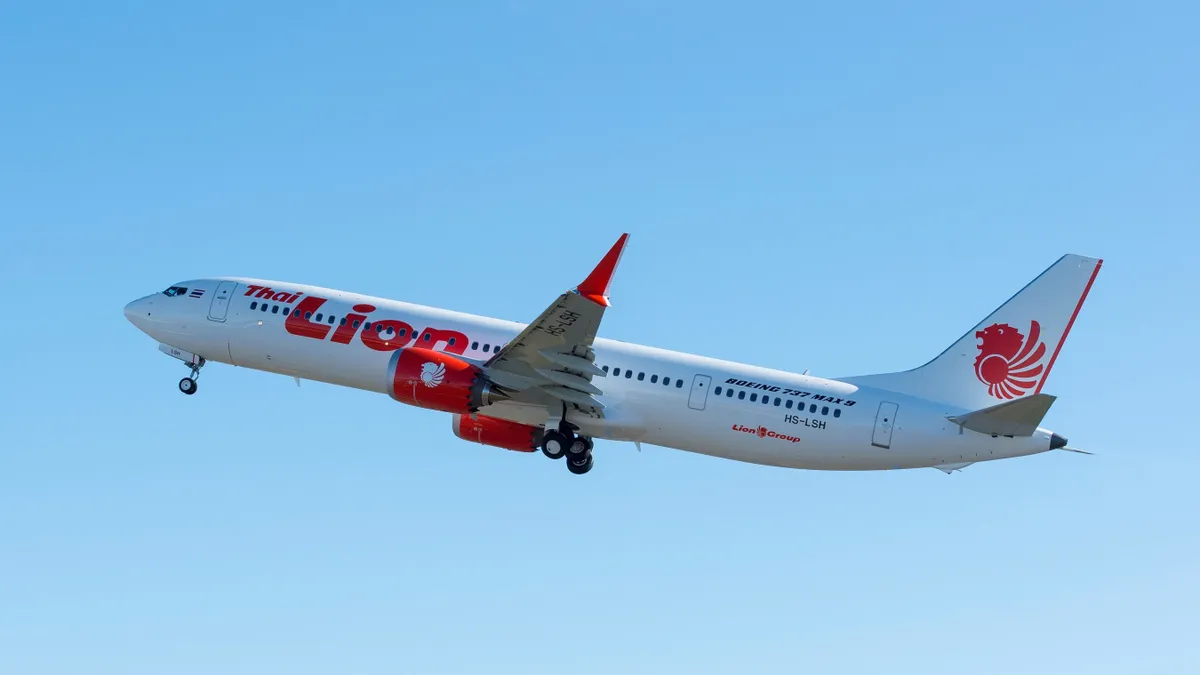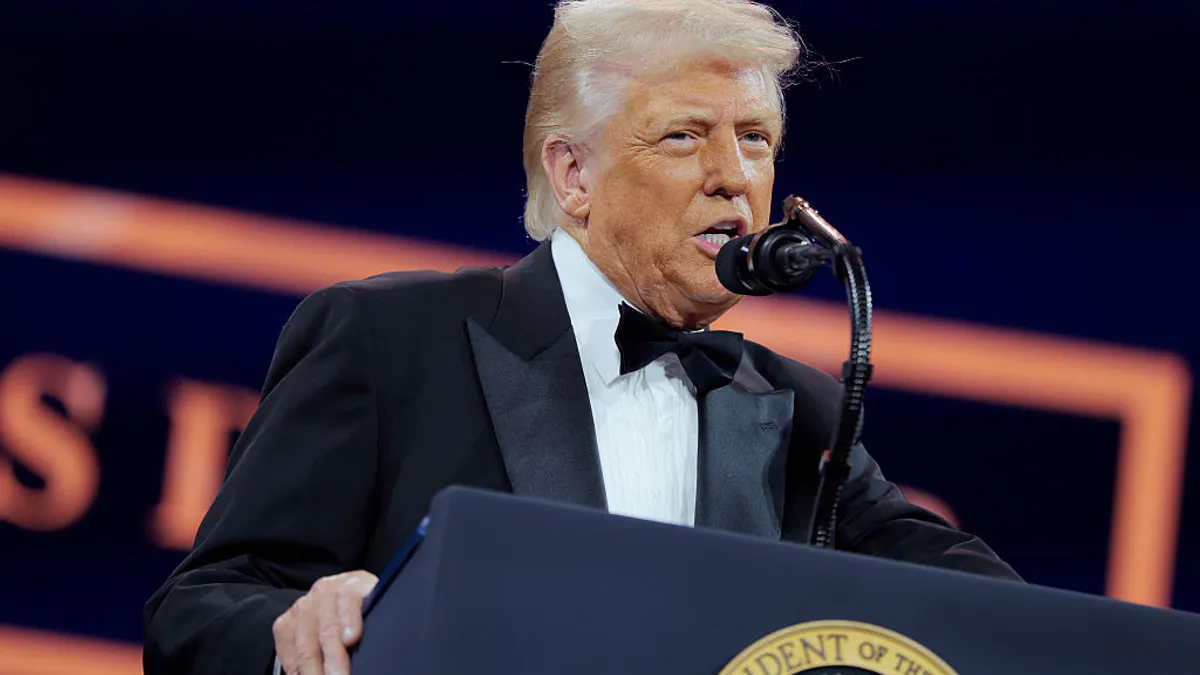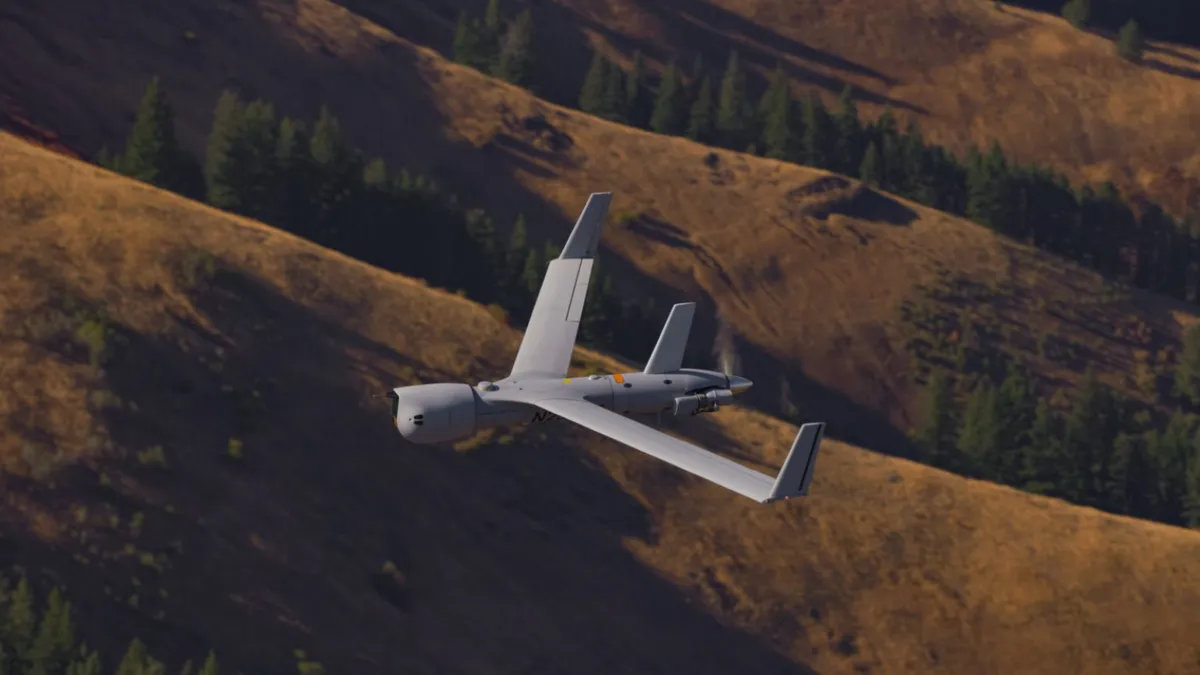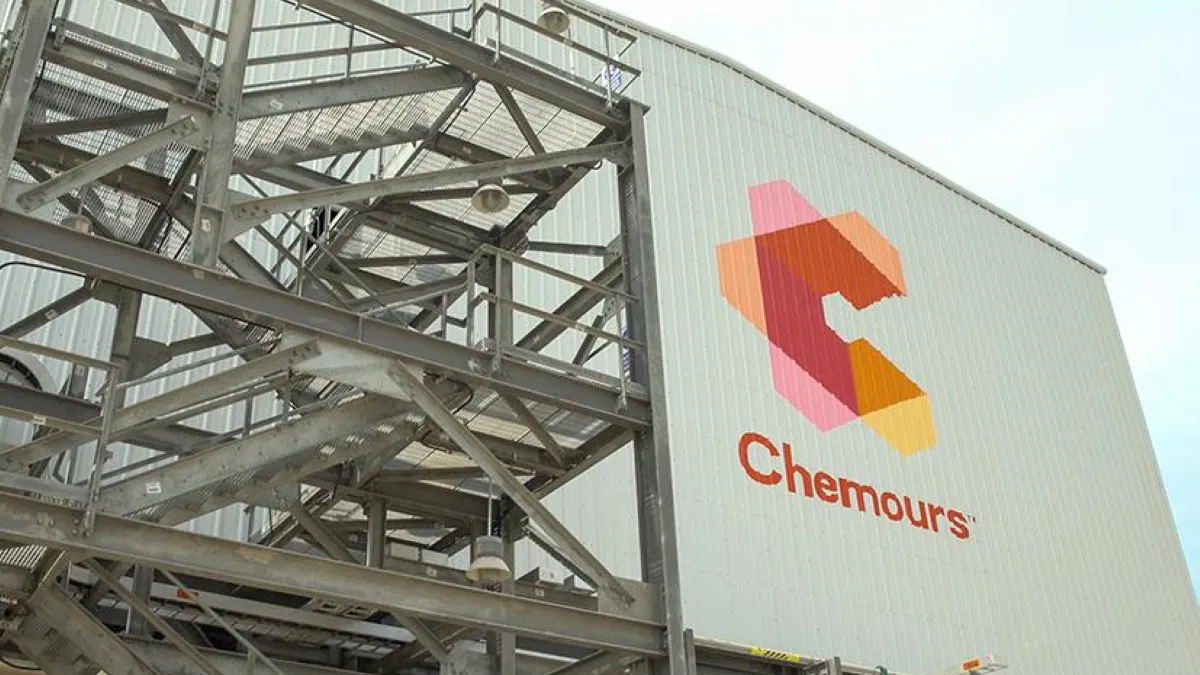UPDATE: March 1, 2024: Spirit AeroSystems confirmed it’s in talks with Boeing about a possible acquisition, the aerospace manufacturer said in a press release Friday afternoon.
“Spirit does not intend to comment further on market speculation or disclose any developments unless and until it otherwise deems further disclosure is appropriate or required,” the company said in a statement.
The Federal Aviation Administration has given aircraft maker Boeing 90 days to come up with a plan to address its systemic quality-control and safety issues that will meet the federal agency’s safety standards, according to a Feb. 28 press release.
FAA Administrator Michael Whitaker made the announcement to Boeing officials two days after a mandated independent expert review panel released its report that found flaws within the aircraft maker’s safety culture and management processes.
“Boeing must commit to real and profound improvements,” Whitaker said to Boeing CEO and President Dave Calhoun and his senior safety team. “Making foundational change will require a sustained effort from Boeing’s leadership, and we are going to hold them accountable every step of the way, with mutually understood milestones and expectations.”
The independent expert panel — which comprised of representatives from NASA, the FAA, labor unions and others — reviewed more than 4,000 pages of Boeing documents, seven surveys, over 250 interviews, and meetings with the defense and aerospace contractor's employees across its six locations.
While Boeing had previously made changes to its SMS and safety culture after two fatal crashes involving their 737 Max aircraft, Lion Air in 2018 and Ethiopia Airlines in 2019, the expert panel found many issues were still unresolved.
The report found that much of Boeing’s SMS procedures reflect the FAA and the International Civil Aviation Organization’s frameworks, the company’s SMS procedures are not designed to ensure all employees understand their roles.
The expert panel found a disconnect between Boeing employees and senior management regarding safety culture, according to the report. Employees also did not know about the company's SMS efforts, purpose or procedures.
Moreover, the panel found Boeing’s implementation of its positive safety culture five components confusing and inadequate.
Another major issue dealt with the managerial oversight at Boeing. The expert panel found that the supervisors may be tasked with investigations on top of their other managerial duties.
"This arrangement could lead to a manager investigating a report within their own reporting chain, potentially compromising Boeing's commitment to a non-retaliatory and impartial environment," the expert panel said in the report.
In some cases, if a worker raised safety concerns or took action that made Boeing look bad, the employee faced retaliation, assignment changes or perceived as interference. Some workers also reported that they barely interacted with their current supervisors and instead reported to their former manager.
Moreover, workers were confused by Boeing’s reporting system and the panel could not find whether or not issues have been resolved due to the reports inconsistently submitted into Boeing’s SMS.
While the independent expert panel gave Boeing six months to review its recommendations and develop a plan, the FAA gave them 90 days.
“Boeing must take a fresh look at every aspect of their quality-control process and ensure that safety is the company’s guiding principle,” Whitaker said.
“Transparency prevailed in all of these discussions. Boeing will develop the comprehensive action plan with measurable criteria that demonstrates the profound change that Administrator Whitaker and the FAA demand. Our Boeing leadership team is totally committed to meeting this challenge,” Calhoun said in a Feb. 28 statement responding to the report.
It appears one of Boeing’s first moves is acquiring its major supplier, Spirit AeroSystems, the Wall Street Journal reported. Spirit was once a Boeing subsidiary until the company sold it in 2005.
The aerostructure maker has been a headache for Boeing. Last month, an initial investigative report from the National Transportation Safety Board found four key bolts were missing from the Alaska Airlines 737-9 mid exit door plug that blew out midair on Jan. 5.
The mid exit door plug was produced by Spirit AeroSystems in Malaysia and it was installed onto the fuselage last year at Spirit’s factory in Wichita, Kansas.
Boeing also has another federal agency looking into its safety management system. The Department of Justice plans to investigate the aircraft maker after the midair on Jan. 5, Bloomberg reported.
The DOJ is looking into whether the Alaska Airline door blowout violated its 2021 agreement with Boeing that resolved the 2018 and 2019 crashes. If prosecutors decide Boeing breached its contract, criminal charges could be filed against them.
























